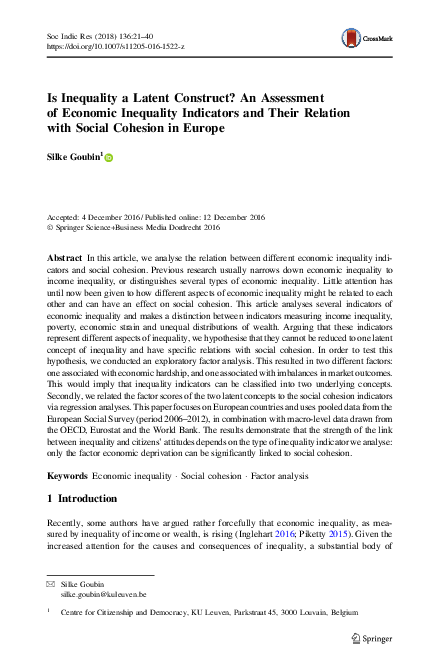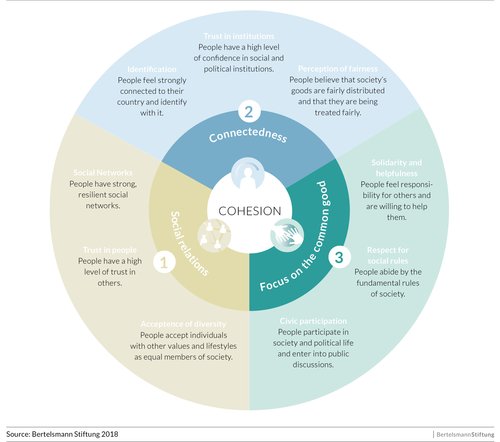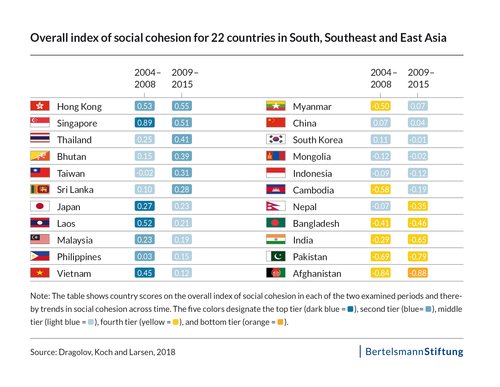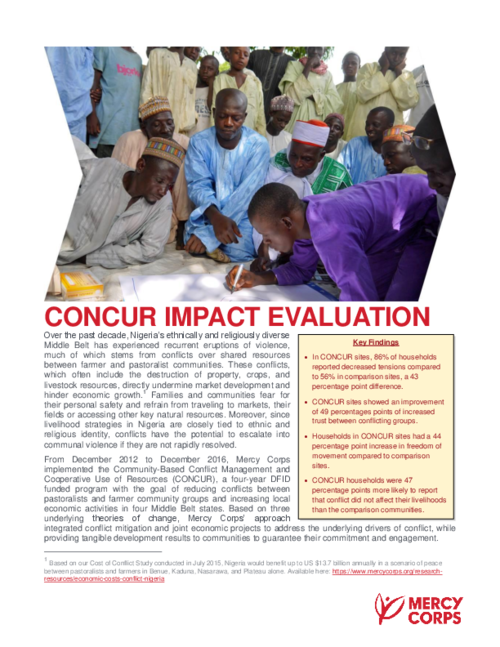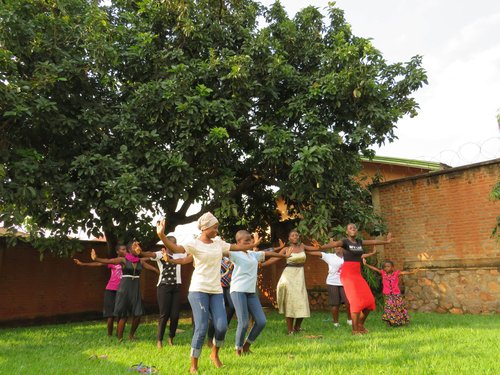Is inequality a latent construct? An assessment of economic inequality indicators and their relation with social cohesion in Europe
Key facts
Inequality
Summary
In this article, we analyse the relation between different economic inequality indicators and social cohesion. Previous research usually narrows down economic inequality to income inequality, or distinguishes several types of economic inequality. Little attention has until now been given to how different aspects of economic inequality might be related to each other and can have an effect on social cohesion. This article analyses several indicators of economic inequality and makes a distinction between indicators measuring income inequality, poverty, economic strain and unequal distributions of wealth. Arguing that these indicators represent different aspects of inequality, we hypothesise that they cannot be reduced to one latent concept of inequality and have specific relations with social cohesion. In order to test this hypothesis, we conducted an exploratory factor analysis. This resulted in two different factors: one associated with economic hardship, and one associated with imbalances in market outcomes. This would imply that inequality indicators can be classified into two underlying concepts. Secondly, we related the factor scores of the two latent concepts to the social cohesion indicators via regression analyses. This paper focuses on European countries and uses pooled data from the European Social Survey (period 2006–2012), in combination with macro-level data drawn from the OECD, Eurostat and the World Bank. The results demonstrate that the strength of the link between inequality and citizens’ attitudes depends on the type of inequality indicator we analyse: only the factor economic deprivation can be significantly linked to social cohesion.
